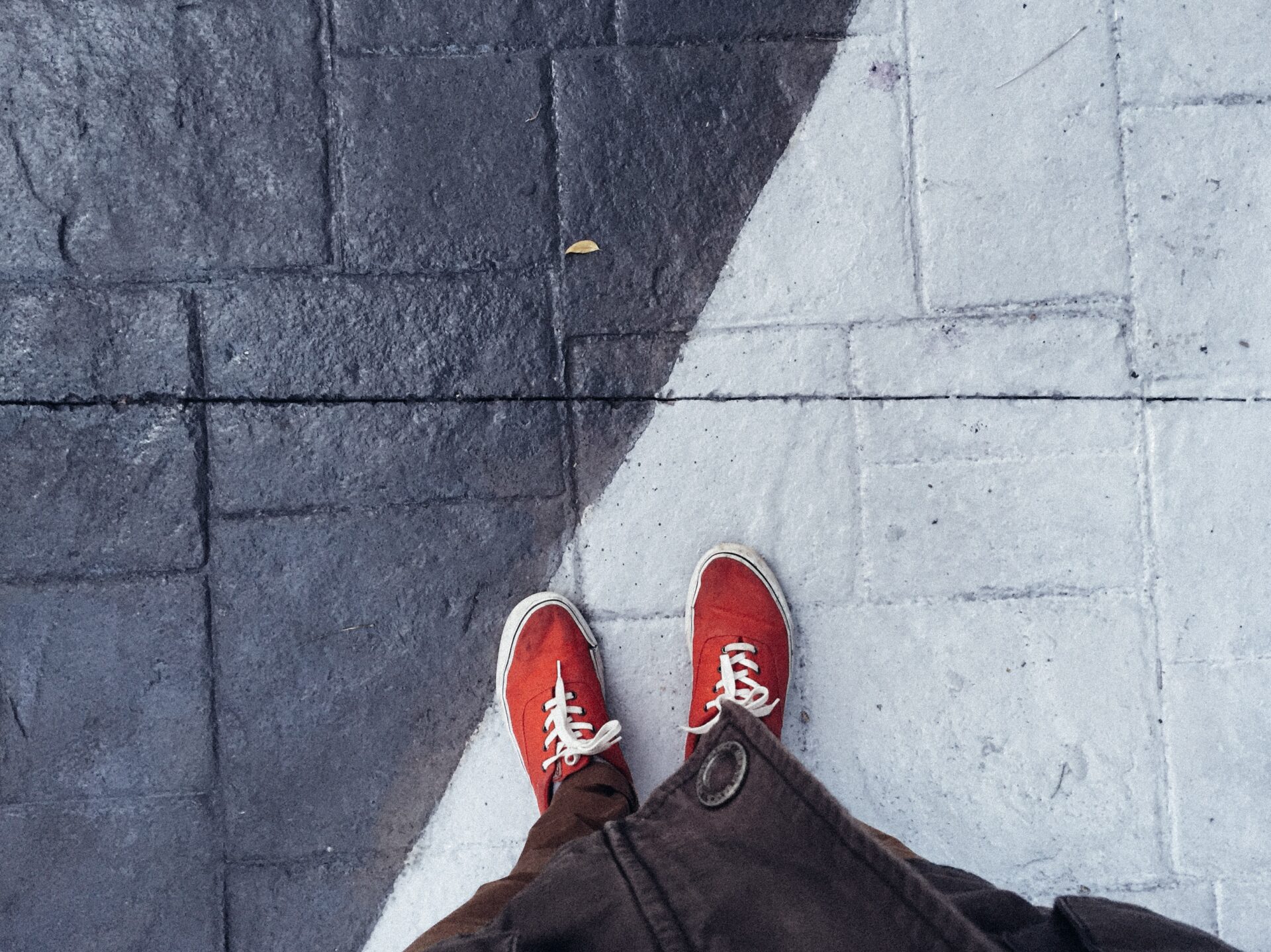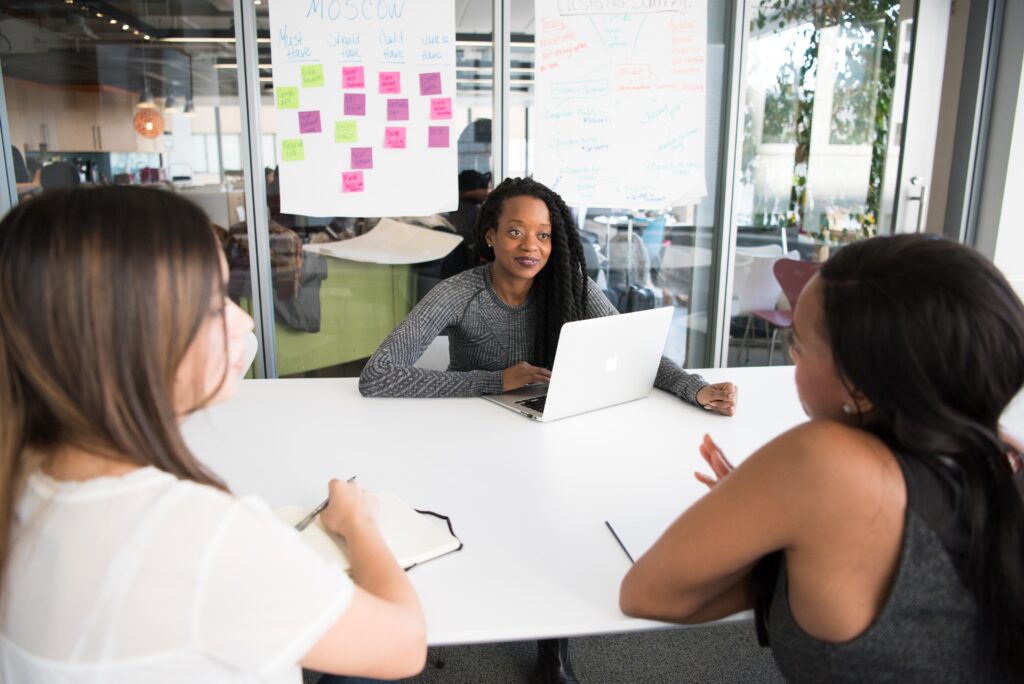There are ties between journalistic objectivity and the health of democracies. A press that maintains its independence and practices processes that aim toward objectivity can act as a buffer against the erosion of democratic norms. Conversely, when objectivity is under attack or diminished due to financial or political interests, democracies are more vulnerable to backsliding and autocratic takeovers.
The ideal of objectivity has long been upheld as a golden standard in journalism. More recently, however, objectivity as a concept has been undergoing overdue scrutiny and attitudes are shifting. Reporters are taught to present the facts, free from personal biases and prejudices. However, this goal of impartiality is in tension with the undeniable human experience every journalist brings to their work.
Every individual — journalists included — views the world through the lens of their personal experiences, background, culture and belief systems. This personal lens can subtly, or sometimes overtly, shape the way events are perceived, interpreted and subsequently reported. As a result, the very act of determining what is newsworthy, or how to present a particular story, will inevitably be influenced by a journalist’s own experiences and perspectives.
Navigating this tension requires journalists and editors to first recognize and acknowledge their own biases. This self-awareness serves as the foundation for producing more fair reporting. Engaging in regular self-reflection and actively seeking feedback from peers can help in identifying potential blind spots, as can becoming a student of history and understanding systemic inequities through a variety of dimensions. Diversifying sources and actively seeking voices that differ from one’s own can also help in presenting a well-rounded story.
Additionally, newsrooms can generate more accurate reporting by encouraging diversity in their teams, thereby ensuring a mix of perspectives and experiences. Ultimately, while true objectivity is an elusive ideal, the pursuit of it requires an ongoing commitment to processes that uplift fairness, transparency and a dedication to presenting the truth as completely and accurately as possible.
Guides & Assistance
Penn State News Literacy Initiative
“A Pro-democracy Case Against Objectivity”
In this resource, Lewis Raven Wallace argues objectivity is not achievable and blind neutrality is not necessarily in everyone’s best interest. These resources are shared as both an article with history on the idea of objectivity, as well as a podcast.
Poynter Institute offers training and resources for journalists. Poynter provides courses, seminars and articles that delve into journalistic ethics, fact-checking and the challenges of maintaining objectivity. “Stop arguing about objectivity and start serving your audience” is an article and conversation exploring tensions of objectivity from 2023. The Craig Newmark Center for Ethics and Leadership at Poynter also offers training and advice related to objectivity and personal experience.
Ethical Journalism Network focuses on building a global coalition for ethical journalism. They provide resources, research and training to promote ethics, good governance and self-regulation of media.
American Press Institute caters primarily to the American journalistic community, American Press Institute provides a wealth of resources, research and best practices to help journalists navigate challenges, including the balance between personal experience and objectivity.
Dart Center for Journalism and Trauma is a project of the Columbia University Graduate School of Journalism, the Dart Center provides resources and training to help journalists who cover trauma or who have experienced trauma themselves. This helps in navigating the personal effects of reporting on challenging topics.
Society of Professional Journalists code of ethics serves as a guideline for journalists in the U.S. and beyond, providing principles to maintain objectivity and balance personal experiences in reporting.
Press On is a strong advocate of movement journalism, which it describes as “journalism in service to liberation.” As its site states, “This does not mean turning journalists into soapboxes for activists, but fostering collaboration between journalists and grassroots movements, and supporting journalism created by oppressed and marginalized people.” Press On offers training and workshops, a reporting residency, grants and opportunities for network-building.
Many national journalist associations and unions in countries around the world also have guidelines and training programs focused on attempting objectivity in the face of personal and societal biases. Joining such professional bodies can offer journalists community support, resources and tools to navigate the complex landscape of modern journalism.
Additional Resources
The University of Chicago Press
“The View from Somewhere: Undoing the Myth of Journalistic Objectivity” by Lewis Raven Wallace
Book
Columbia Journalism Review
“A test of the news: Objectivity, democracy, and the American mosaic” by Wesley Lowery
Analysis
The New York Times
“A reckoning over objectivity, led by Black journalists” by Wesley Lowery
Opinion
Columbia Magazine
“Is objectivity in journalism even possible?” by Paul Hond
Article
The Washington Post
“Newsrooms that move beyond ‘objectivity’ can build trust” by Leonard Downie Jr.
Opinion




